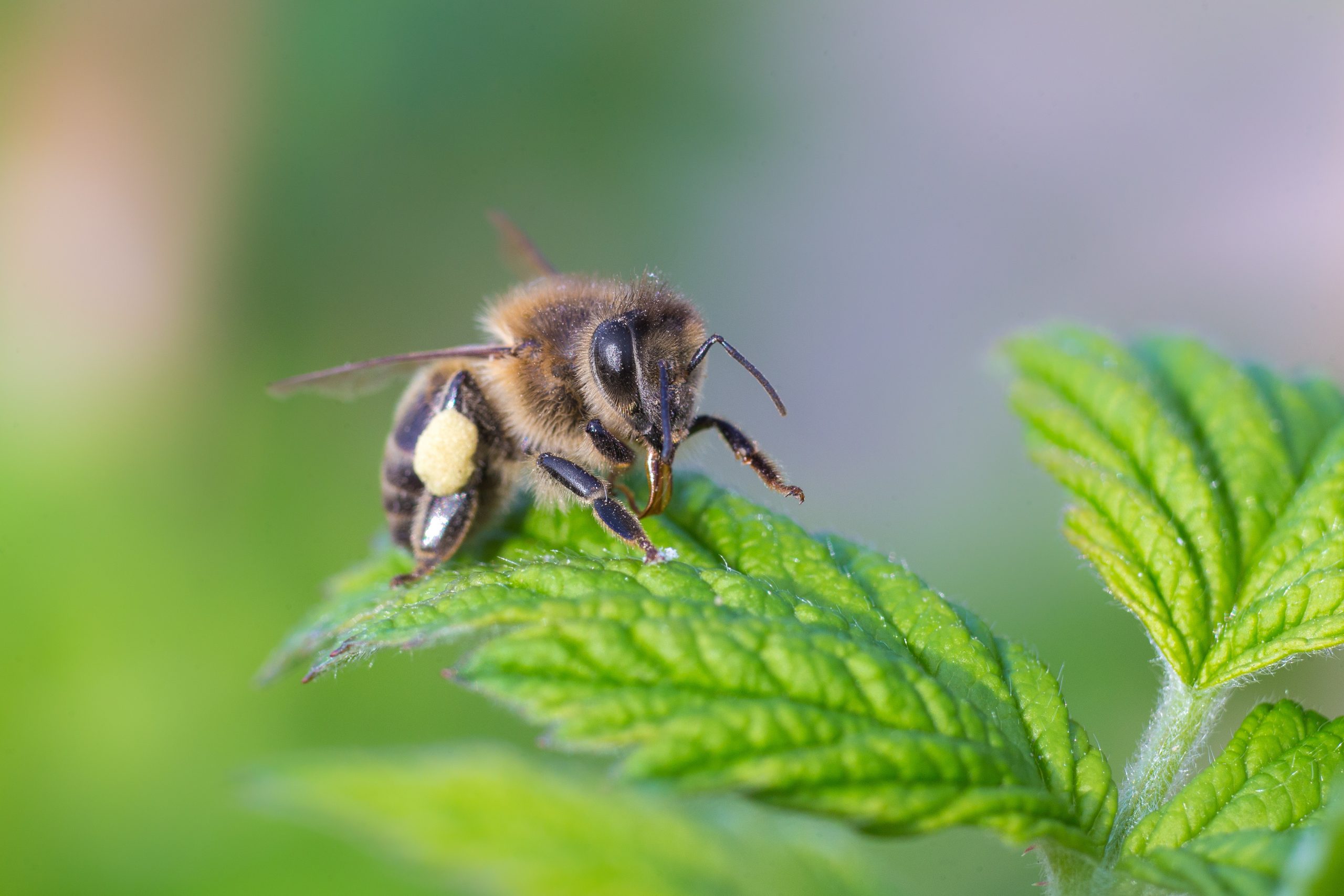Pesticides Harming Honeybee Fertility
August 10, 2016
Bee Colony Collapse, Honey Bees
It’s been well reported that honeybee populations are declining not only in the United States but also around the globe, with the suspected reasons including pathogens, malnutrition, loss of habitat, and, of course, pesticides (or more specifically neonicotinoid pesticides). While it’s been heavily suspected that pesticides are a contributing factor to colony collapse disorder (CCD) and honeybees’ shortening average lifespan, a recently published study suggests that in addition to shortening the lives of male drone honeybees, two common neonicotinoid insecticides are also inhibiting drones’ ability to produce viable sperm. If there is one pollinator or even one species that did not need infertility at this time, it is the honeybee.
The contraceptive effects of these pesticides’ chemicals are warning researchers from the University of Bern in Switzerland of “profound consequences for the health of queen [bees] as well as entire colon[ies].” The study, led by Bern doctoral student Lars Straub and published in the journal Proceedings of the Royal Society B, adds more to the onslaught facing honeybees, albeit a fortunately preventable one. “We know multiple stressors can affect honeybee health including parasites and poor nutrition,” said senior author Geoff Williams of the University of Bern in a statement. “It is possible that agricultural chemicals may also play an important role.”
Male drones from colonies exposed to the two pesticides, thiamethoxam and clothianidin, showed to have live sperm counts 39 percent lower than those who were not exposed, according to the study. The findings “demonstrate for the first time that neonicotinoid insecticides can negatively affect male insect reproductive capacity,” the researchers said jointly. As well, the study found the lifespans of chemically exposed honeybees, drones and female workers, were reduced by about 32 percent from an average of 22 days to 15 days.
As of this past year, US beekeepers saw a 44 percent loss of colonies, a roughly 3.5 percent increase from the previous year, according to the USDA, despite national and local efforts to put a dent in declining populations. Steps have been taken to try and decrease the availability of neonicotinoid pesticides, with the EPA currently reviewing them after another study found their chemicals can impair bumblebees’ learning and memory and blunt their foraging ability—such concern stems from the potential impact on food security, since honeybees and other pollinators are responsible for roughly two-thirds of the food we eat.
With the threats well appreciated and taken seriously, the results of this study put the honeybees’ plight in better perspective, since in the end it doesn’t matter if we protect their numbers if they are unable to reproduce. As study co-author Peter Neumann said in a statement, the results “highlight the need for stringent environmental risk assessments of agricultural chemicals to protect biodiversity and ecosystem functioning.”


.jpg)



